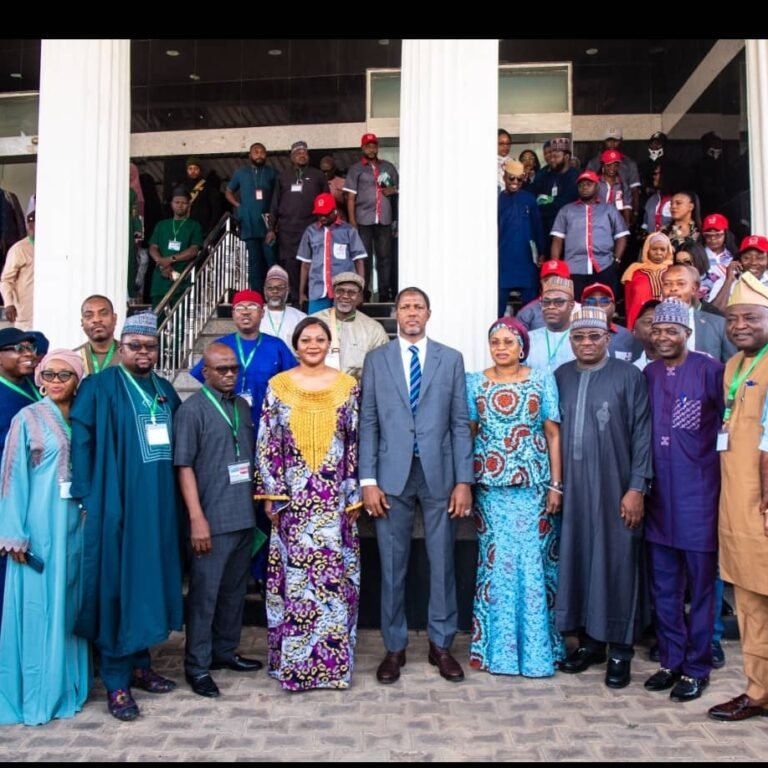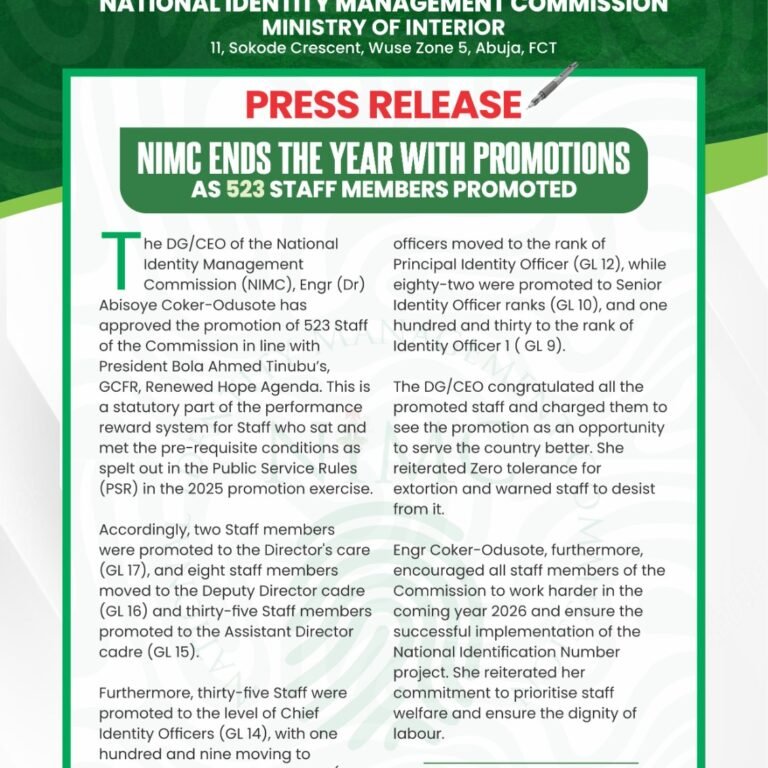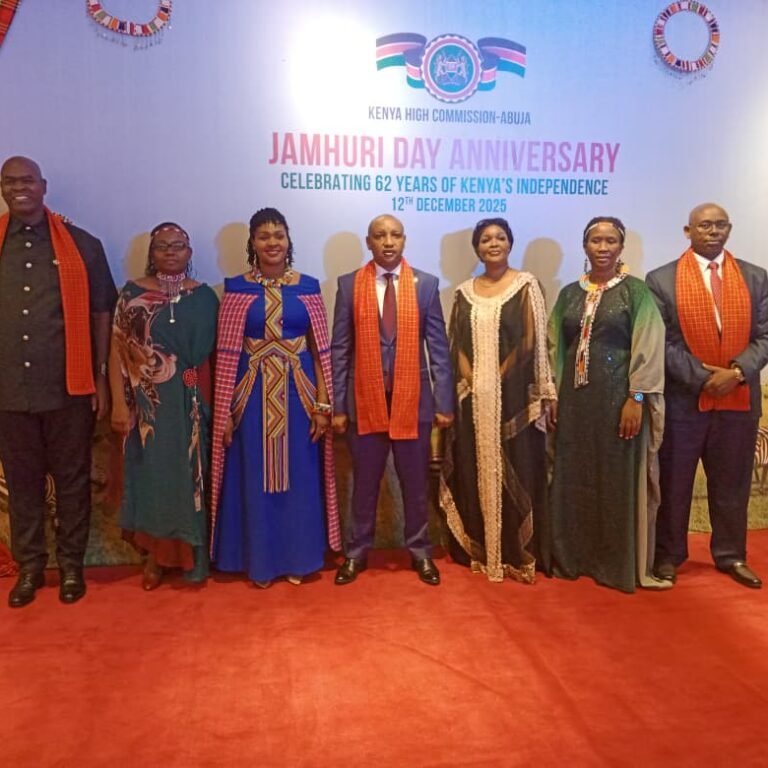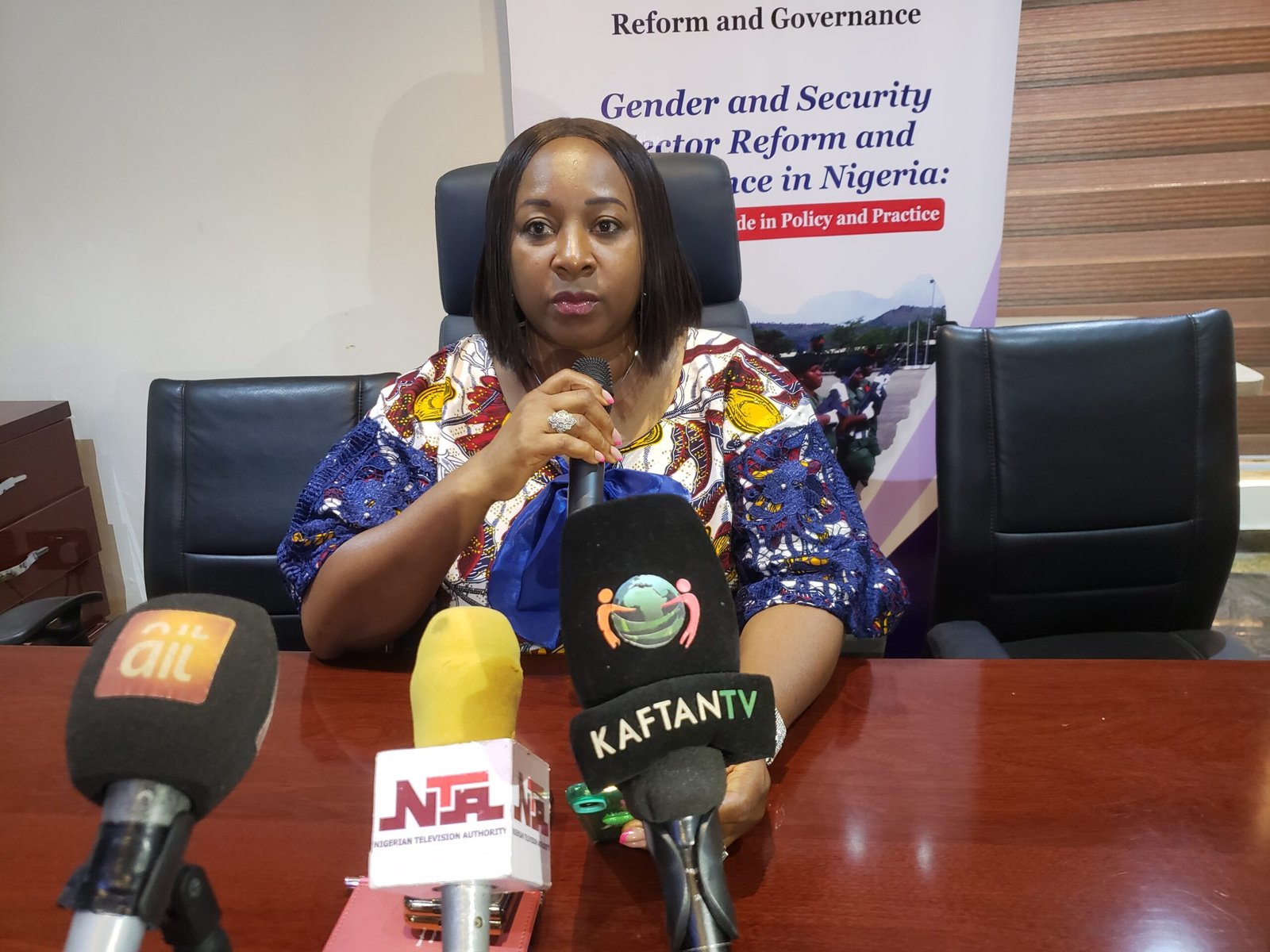
The National Women’s Platform on Security Sector Reform and Governance (NWP-SSR/G) has reaffirmed its commitment to advancing women’s inclusion in Nigeria’s security sector.
In a statement issued during a press conference on 14th March 2025 by Associate Professor Plangsat Dayil, the National Focal Person of NWP-SSR/G, stated that the platform emphasized its ongoing efforts to ensure security services are more accountable, responsive, and equitable to the needs of women at local, national, and regional levels.
The platform, supported by Friedrich Ebert Stiftung through the “Security for All” project, has played a key role in establishing partnerships across Nigeria, Cameroon, Mali, and Senegal, and at the ECOWAS, AU, and UN levels to promote gender-inclusive security policies.

According to her, since its inception, NWP-SSR/G has prioritized key areas such as:
Civil-Military Relations; Climate Change and Gender Open Governance and Anti-Corruption; Farmers and Herders’ Conflict Resolution; Security and Justice Sector Reforms
“Our mission is to amplify women’s voices in shaping security policies and ensure they are not just beneficiaries but active participants in security governance,” Prof. Dayil stated.
Key Achievements and Future Plans
Pandsat said that the platform has achieved significant milestones, including:
✔ Experts’ Meeting in Dakar (2019) to conceptualize the regional women’s platform.
✔ Baseline Survey on Security Sector Governance in Nigeria (2019).
✔ Regional Conferences (2019, 2022) that shaped high-level security reforms.
✔ Publication of Policy Brief (2023) on women’s involvement in security governance.
✔ Election of Executive Leadership (2024) to spearhead strategic initiatives.
✔ Six Cohorts of Women-Only Civil-Military Relations Training (2022 – 2025), benefiting over 300 women from security and civil society sectors.
She further stated that NWP-SSR/G will focus on:
➡ Monitoring and observation of SSR/G processes to ensure women’s representation in security policy-making.
➡ Advocacy for gender-responsive policies and security sector reforms.
➡ Creating alliances among women’s organizations to influence security governance.
➡ Strategic outreach and capacity building to empower women in security and governance roles.
A Call for Collaboration
Prof. Dayil urged stakeholders, policymakers, and civil society organizations to strengthen collaboration in fostering an inclusive security sector.
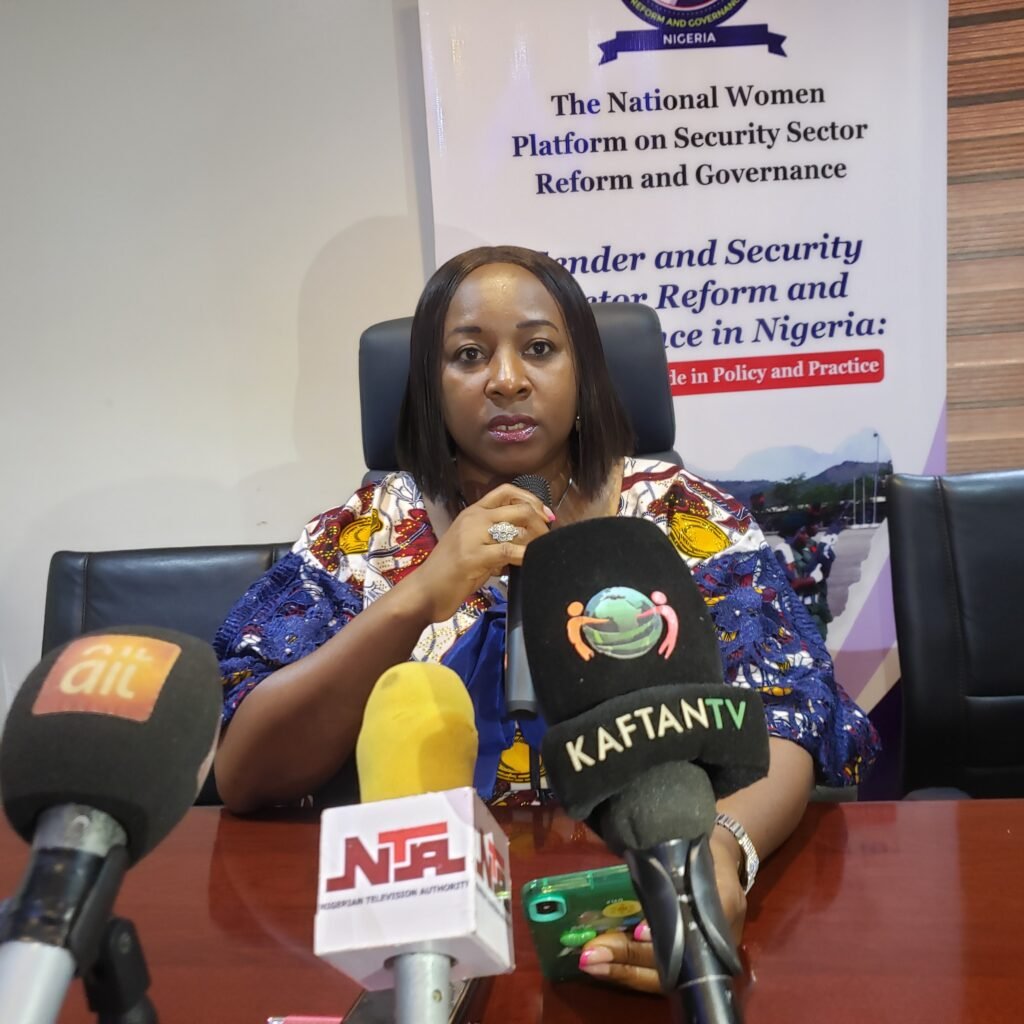
“Women must be at the center of security governance. Their inclusion will lead to more effective, transparent, and accountable security services,” she emphasized.
Addressing concerns about harassment and abuse of women by security personnel, particularly in correctional facilities, Dayil assured that gender sensitivity and accountability are integral to the platform’s training programs.
“We have trained 300 security personnel across the country, equipping them with the knowledge to influence institutional practices,” she said. “While this is a small number compared to the population, their impact is significant, and we continue to track their progress.”



